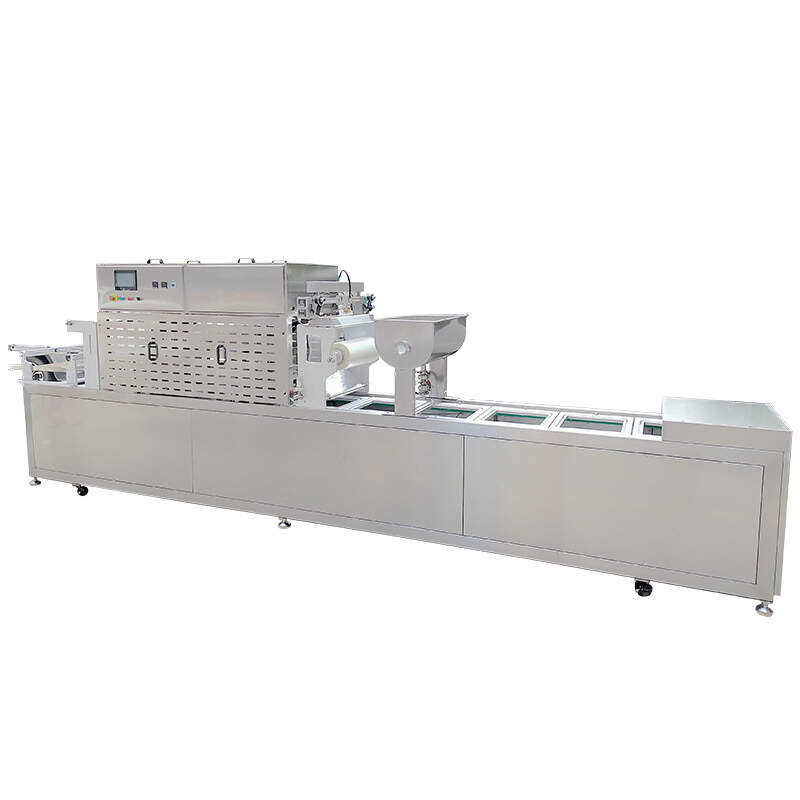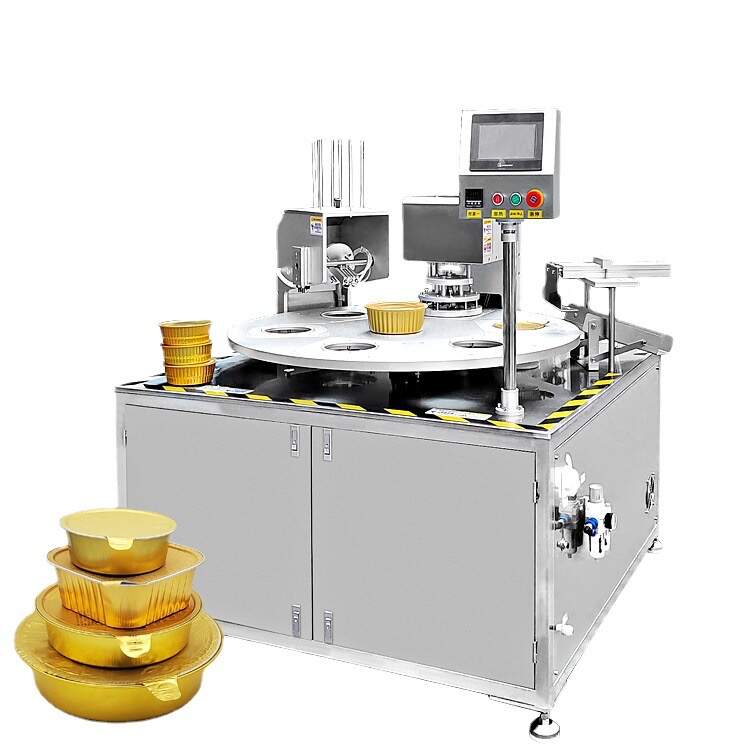

Lỗi định dạng email
emailCannotEmpty
emailDoesExist
pwdLetterLimtTip
inconsistentPwd
pwdLetterLimtTip
inconsistentPwd



In the relentless pursuit of efficiency and innovation, the global manufacturing sector is continuously on the lookout for advancements that can revolutionize their processes. One such game-changer has been the emergence of encapsulation machinery. These machines have not only elevated the production capabilities of industries but also redefined the standards of quality and precision. For businesses aiming to compete on the world stage, the role of a reliable encapsulation machinery exporter is indispensable.
Encapsulation machinery is at the forefront of pharmaceutical, nutraceutical, and even cosmetic product manufacturing. It encapsulates active ingredients within a protective shell, ensuring their stability, controlled release, and enhanced bioavailability. The demand for encapsulated products is increasing rapidly. As a result, there is a growing need for advanced machinery that can meet the market's demands.
1. Precision and Consistency:
The machinery ensures that each capsule is filled uniformly, maintaining the exact dosage and quality of the product within.
2. Automation and Efficiency:
Automating the process reduces human error and increases production speed. It also ensures a consistent output, as shown in industry reports.
3. Cost-Effectiveness:
The initial investment in encapsulation machinery may be significant. However, the long-term savings in labor costs and reduced material wastage make it a profitable choice for manufacturers.
4. Compliance with Standards:
High-quality machinery aligns with GMP standards. This ensures that products meet the regulatory requirements needed for market approval.
Encapsulation machinery exporters play a pivotal role in bridging the gap between manufacturers and global demand. They not only facilitate the distribution of technology but also ensure that the machinery meets the specific needs of different markets.
1. Global Reach:
Exporters assist manufacturers in reaching a wider audience, which helps them expand their customer base and market share.
2. Customization:
They work closely with clients to customize machinery for specific production needs. This ensures that the end product meets the client's requirements.
3. After-Sales Support:
Reliable exporters offer ongoing support for machinery, including maintenance, repairs, and upgrades. This helps ensure that the machinery operates at peak efficiency.
The global market for encapsulation machinery is thriving, with a significant growth forecast due to the increasing demand for encapsulated products. According to market research, the industry is expected to grow at a CAGR of 4.3% from 2022 to 2032, reaching a valuation of US$ 159.6 Million by 2032. This growth is driven by advancements in technology, production techniques, and integration.
The impact of technology on encapsulation machinery has been significant, revolutionizing the way capsules are produced in the pharmaceutical, food, and cosmetic industries. Advancements in technology have led to increased efficiency, accuracy, and flexibility in the encapsulation process.
One of the key impacts of technology on encapsulation machinery is the automation of processes. Modern encapsulation machines are equipped with advanced control systems and robotics that can handle a wide range of tasks, from filling and sealing capsules to sorting and packaging them. This automation has greatly increased production speeds and reduced the need for manual labor, leading to higher productivity and cost savings for manufacturers.
Furthermore, technological advancements have improved the precision and accuracy of encapsulation machinery. High-speed cameras, sensors, and monitoring systems are now integrated into encapsulation machines to ensure that each capsule is filled with the correct amount of product and sealed properly. This level of precision helps to minimize product waste and ensure consistent quality in every batch of capsules produced.
In addition, technology has enabled encapsulation machinery to be more versatile and adaptable to different production needs. Manufacturers can now easily switch between different capsule sizes, shapes, and materials, thanks to modular designs and customizable settings on modern encapsulation machines. This flexibility allows manufacturers to quickly respond to changing market demands and produce a wider variety of products.
Overall, the impact of technology on encapsulation machinery has been transformative, leading to increased efficiency, accuracy, and flexibility in the production of capsules. As technology continues to advance, we can expect further improvements in encapsulation machinery that will drive innovation and growth in the industries that rely on encapsulated products.
The future of encapsulation machinery export looks bright as the market grows. Exporters who can adjust to new technology and meet changing market demands will succeed. Innovation, efficiency, and customized solutions will be key focuses.
The market is expanding, offering opportunities for exporters. Adapting to technological changes and meeting client needs will be important. Providing comprehensive solutions will help exporters lead the way.
The encapsulation machinery export industry is in an exciting phase with lots of room for growth and new ideas. As the world gets more connected, exporters play a crucial role in sharing technology and knowledge. To stay competitive, businesses should work with a trustworthy encapsulation machinery exporter. This will help them explore new possibilities and succeed in the global market.
The constant improvements in encapsulation machinery drive the advancement of automation and precision in manufacturing. This progress is fueled by the development of more efficient and accurate machinery. As the world adopts smarter production methods, exporters in this field will play a crucial role in pushing the industry forward and shaping the future of manufacturing.